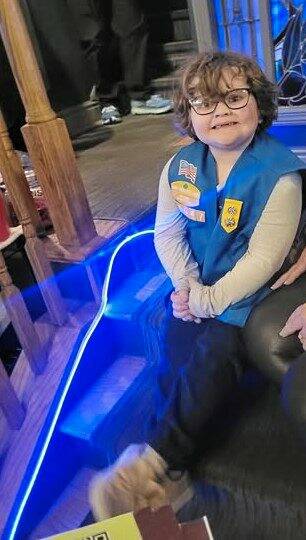Declawing cats could soon be banned in Pittsburgh.
Under legislation advanced by City Council on Wednesday, the surgery, which many veterinarians say causes behavioral issues and long-term pain for the animals, would be prohibited.
“I think veterinarians know better and want this to stop,” said Jennifer Conrad, a California veterinarian who runs The Paw Project, a national nonprofit dedicated to ending the practice of declawing cats.
She was one of several experts who spoke in support of the legislation, which was sponsored by Councilmembers Bobby Wilson, Bruce Kraus and Anthony Coghill.
To remove a cat’s claws, veterinarians have to amputate the bone in its paws. The procedure typically involves amputating up to 18 bones, said Conrad, speaking to council via videoconference.
The procedure can lead to long-term pain for felines — and cause behavioral issues that cause some pet owners to surrender their cats.
Declawed cats are often distrustful of humans, and they often have problems with litter box use. They’re also more prone to biting as a defense mechanism, since they can’t use their claws, said Jackson Galaxy, a cat wellness and behavioral expert and host of the Animal Planet show “My Cat from Hell.”
“There’s no good reason for this practice,” he said over video, urging the council to ban the procedure. “It’s heartbreaking.”
There’s often nothing he can do to help cats who are suffering from the effects of the surgery.
Cats with these problems are often surrendered, which “clogs up” foster systems and stretches resources at shelters, said Carol Whaley, who serves as the director of humane programming at Animal Friends, the animal shelter based in Ohio Township.
Rehoming cats who have developed such problems after declawing, she said, is often nearly impossible.
The issue is personal for Kraus, whose first cat was already declawed when he adopted her.
“Through the years, I had much difficulty with her ability to use a litterbox,” he said.
Kraus suggested working with Allegheny County Council in hopes they would pass similar legislation, ensuring Pittsburgh pet owners wouldn’t go outside the city limits for declawing services.
Several other cities — including Los Angeles, St. Louis and Denver — have already enacted similar policies. In Los Angeles, Conrad said, the number of surrendered cats declined after the measure was passed.
Wilson said he’s been working with several animal advocacy groups, including Animal Friends and local representatives of the Humane Society of the United States, for about six months to learn more about the subject and connect with animal advocates and experts nationwide.
Conrad also noted that major health organizations like the Centers for Disease Control and Prevention oppose declawing. Declawed cats, she said, are more prone to bite, and cat bites have more severe health consequences than scratches.








